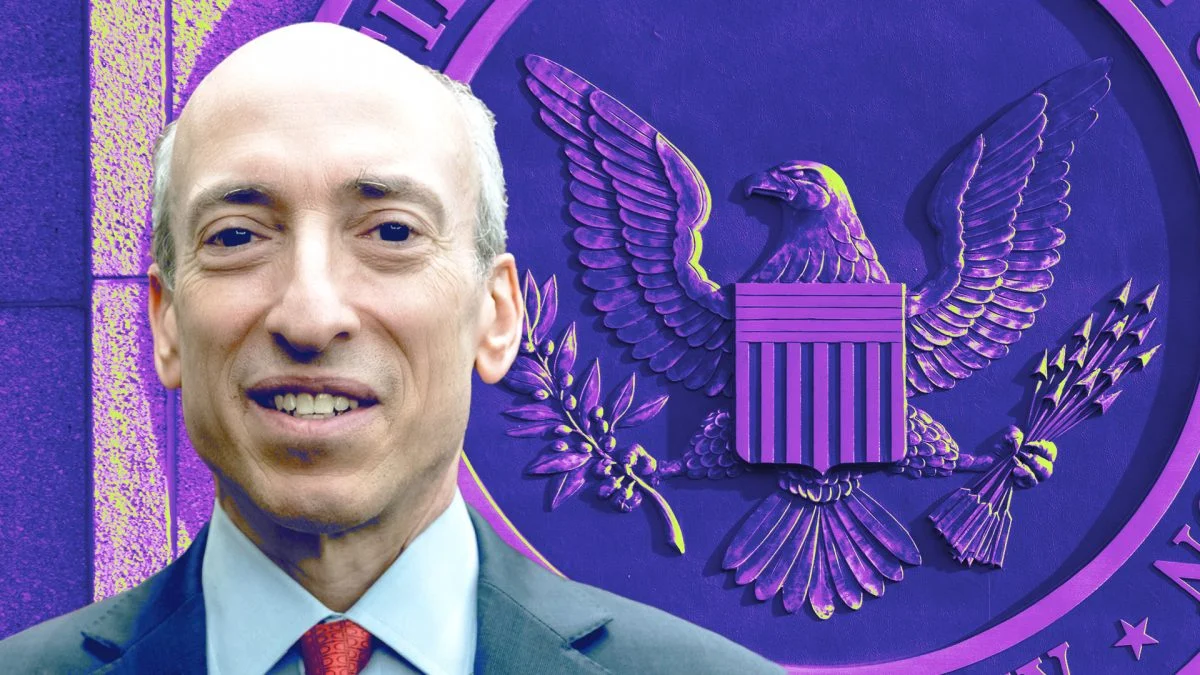Heavy! Indian cryptocurrency ban unconstitutional by Supreme Court, Indian crypto community wins victory
This is a historic day for the Indian crypto community, and India's Supreme Court has finally ruled on the case of a cryptocurrency ban on the country's central bank, the Reserve Bank of India (RBI). The court ruled that the Reserve Bank of India circular dated April 6, 2018, prohibiting financial institutions from providing banking services to cryptocurrency companies, was unconstitutional.

Supreme court ruling: India's crypto community wins
On Tuesday, the Supreme Court of India finally ruled on a bank ban by the Reserve Bank of India. Indian news platform Crypto Kanoon reported from court that "Judgement Day is finally here." At 10:45 am Indian time, Crypto Kanoon tweeted :

- Open up on-chain and off-chain assets, Chainlink and DMM aim to create the first blockchain-based currency market
- Lies of the trading platform——how to dynamically check the authenticity of transactions on the exchange
- U.S. Federal Reserve cuts interest rates sharply
Heavyweight: The Supreme Court of India lifted the Reserve Bank of India (RBI) bank ban on cryptocurrencies. The court held that the Reserve Bank of India circular dated April 6, 2018 was unconstitutional.
Since the Supreme Court of India decided to hear the case for the first time, the court finally closed its debate on the ban against the Reserve Bank of India on January 28. The court heard an extensive debate by Ashim Sood, a lawyer in the Indian Internet and Mobile Association (IAMAI), and Nakul Dewan, a lawyer representing several cryptocurrency exchanges. It also heard arguments from Shyam Divan, a lawyer at the Central Bank of India, in support of the ban.
The Reserve Bank of India (RBI) issued a notice in April 2018 prohibiting regulated financial institutions from providing services to the cryptocurrency business. The ban came into effect three months later, after which banks closed accounts on cryptocurrency exchanges, forcing some of them to close, including Zebpay, Coindelta and Koinex.
Cryptocurrency regulatory framework in India
The cryptocurrency community around the world has been eagerly looking forward to seeing how India will handle its cryptocurrency policy. The Indian government has been drafting a bill since February last year, which aims to explicitly ban cryptocurrencies other than those issued by the state. An Indian Inter-Ministerial Committee (IMC) drafted the "Prohibition of Cryptocurrencies and Official Digital Currency Regulations 2019" with the task of studying various aspects of cryptocurrencies and advising on Indian crypto policy. IMC is headed by former Indian Finance Minister Subhash Chandra Garg and has since resigned. Still, he sees the "short future" of cryptocurrencies as "essentially worthless code."
The bill also provides that the Reserve Bank of India can issue central bank digital currencies. In December last year, the Bank of India Governor Shaktikanta Das revealed that the Reserve Bank of India is already studying this area. "When technology develops with sufficient security, I think the Reserve Bank will definitely consider this area seriously at the appropriate time," he said.
In February last year, Indian Finance Minister Nirmala Sitharaman received a draft encryption bill from the IMC, but no decision has yet been made. The bill was originally scheduled to be introduced late last year.
The bill was expected to be introduced in Parliament last winter, but it was not passed, and the government has remained silent about it since. The crypto community believes the bill is flawed and has been pushing the government to re-evaluate IMC recommendations. At the same time, the Reserve Bank of India and the Indian government have repeatedly confirmed that India has not banned the use of cryptocurrencies.
India's booming crypto industry
Even with bank restrictions, the Indian crypto community has found ways to continue buying, selling and trading cryptocurrencies. In order to continue to provide INR access to their users, many cryptocurrency exchanges have launched peer-to-peer transactions.
Several exchange service providers recently issued announcements about their services. For example, Cashaa, a UK-based banking platform that has been expanding its operations in India, now offers free deposits and withdrawals. The company also plans to conduct a roadshow this month to prepare Indian cryptocurrency users for the next bull market. Global exchange Binance and the popular Indian exchange Wazirx have joined forces to launch India's first IEO project.
In addition, Zebpay, which was once one of India's largest cryptocurrency exchanges, was restarted on Monday before the Supreme Court's decision. Previously, the exchange closed its Indian operations in September shortly after the RBI's 2018 ban came into effect.
We will continue to update Blocking; if you have any questions or suggestions, please contact us!
Was this article helpful?
93 out of 132 found this helpful
Related articles
- Babbitt Column | Why Don't Use Leverage in Investment Coins
- Market analysis: the market rebounded weakly, the market bulls have not recovered
- "Is Ethereum a currency?" Pomp refutes that only Bitcoin and gold have both currency and value storage characteristics
- Analysis: Legal issues of blockchain within the framework of the EU's General Data Protection Regulation (GDPR)
- About 42% of Bitcoin has not had any on-chain transactions in the past 2 years, or has become an important driving force for the rise in the price of coins
- Beware of replay attacks! PoC2 + Hard Fork Upgrade Risk Tips
- Xiaomi establishes industry-finance big data company to continue expanding blockchain and other businesses





